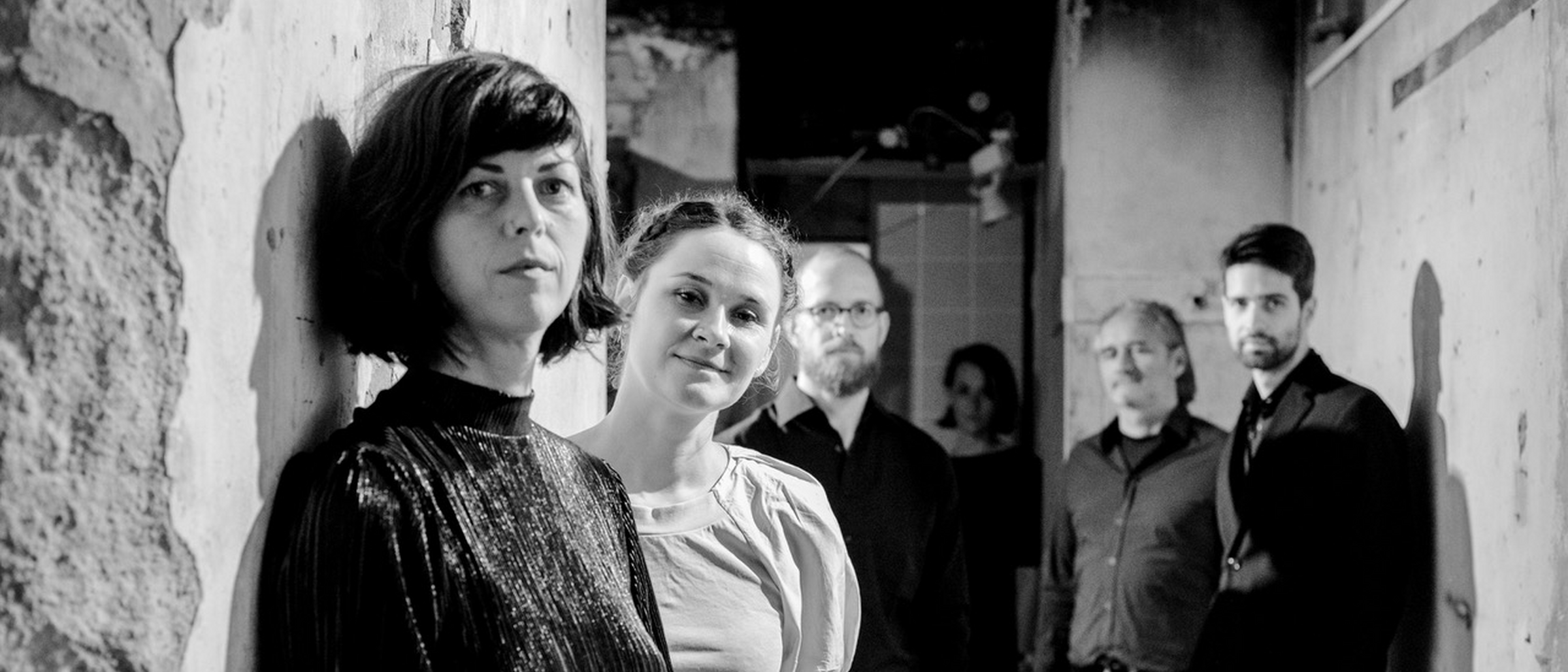Memento Mori: Lamenti in history of music
Works by G. F. Händel, H. Purcell, P. Locatelli, J. Dowland, a. o.

Baroque ensemble klingzeug: Claudia Delago-Norz, Lukas Praxmarer (baroque violin), Ricardo Cuende Isuskiza (baroque viola), Anna Müller (baroque cello, recorder), Flóra Fábri (harpsichord, chest organ), Tehila Nini Goldstein (sopran)
Tickets: advance booking on 0345 500 90-103; museum box office; evening box office
Advance ticket sales start: 4 October 2024. Reserved concert tickets must be collected from the museum box office up to one hour before the start of the event.
15,00 € / reduced 10,00 €
Centuries lie between the present day and the time when the music was written, and yet the themes that were captured in the lamenti are familiar to everyone: fragility and hope for an afterlife. Transience in different shades and intensities. Comforting memories and trust. Farewells made audible. The principle of ‘memento mori’ dates back to antiquity, but the awareness of one's own death and the resulting consequences for life has been a frequently addressed theme in many cultures and religions over the centuries.
In its programme, the baroque ensemble klingzeug brings together pieces of music from a period of 500 years that deal with transience itself. A Planh (Occitan lament) by the troubadour Raimbaut de Vaqueiras is juxtaposed with Pietro Locatelli's Sinfonia funebre. The Lamento di Tristano meets Dido's Lament by Henry Purcell and John Dowland's Lachrimae Pavan for violin and continuo in a version by Johan Schop. The programme is complemented by pieces by Georg Friedrich Händel, Johann Heinrich Schmelzer and Heinrich Ignaz Franz Biber.